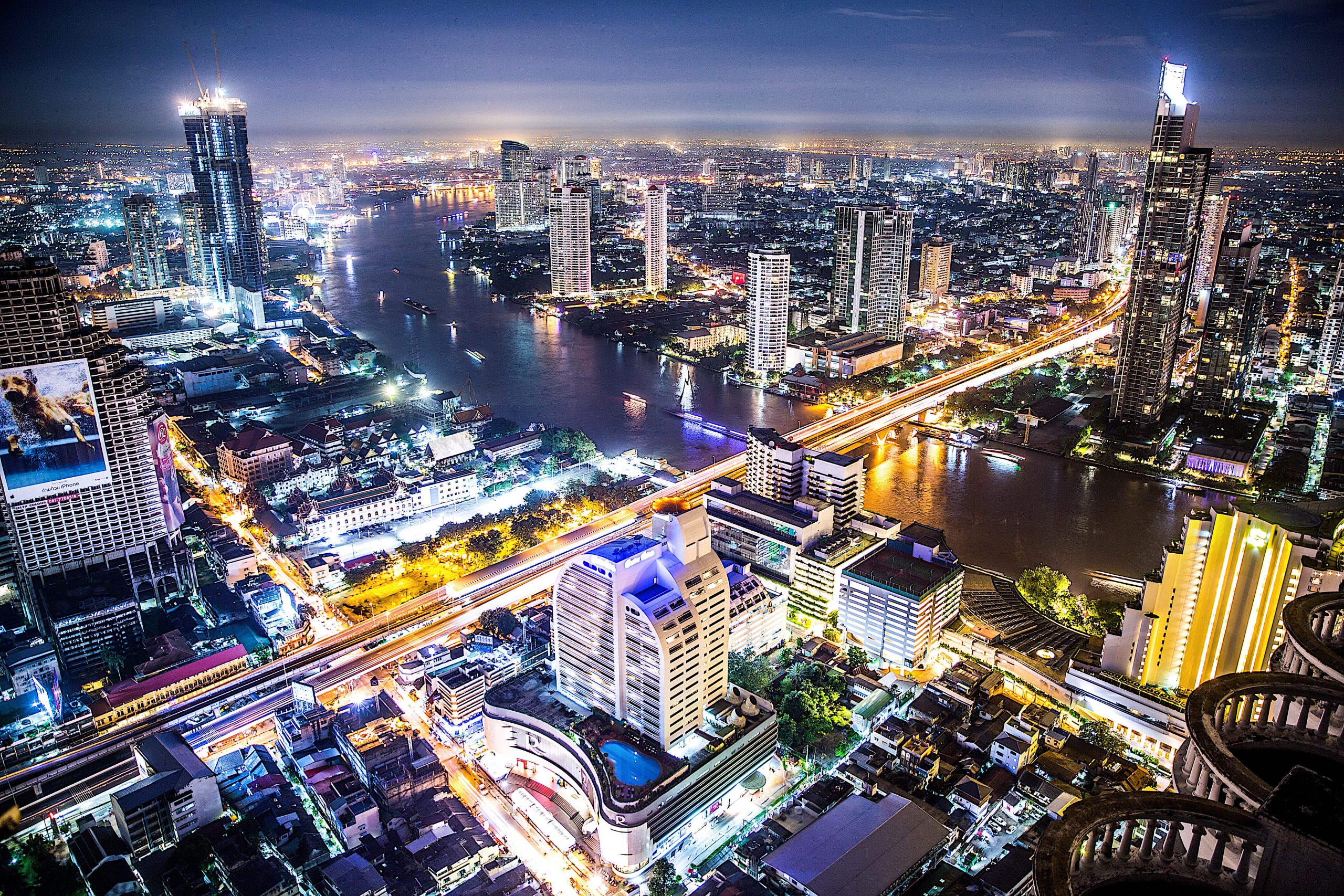Thailand, a bustling hub of culture, beauty, and opportunities, is steadily becoming a preferred locale for expatriates and digital nomads alike. According to the latest statistics from the Employment Department and Colliers Thailand, the first quarter of this year has witnessed an influx of 156,596 expats, over fifty percent of whom have found a home in the vibrant city of Bangkok. Last year, the majority of foreigners from Japan, China, and India, but recent trends indicate a growing Chinese fascination with purchasing condominiums in Thailand.
Observing this ascending trend of expatriate residency, the Tourism Authority of Thailand (TAT) is devising a strategic plan to cater specifically to this demographic in the coming years. In a post-pandemic world where the tourism trend is skewing towards extended stays, there is a need to engage this audience effectively. Thapanee Kiatphaibool, the TAT governor, has hinted at potential expat benefits, including discounted entry fees to attractions and national parks, an amenity that has long been lobbied for. Furthermore, forthcoming promotional campaigns plan to spotlight ideal workstations around the country and accentuate the allure of Thailand’s unique work environment.
The tropical paradise of Surat Thani, known for its three resort islands, Koh Samui, Koh Phangan, and Koh Tao, is a magnet for digital nomads. Its captivating natural vistas coupled with its rich local culture and diverse accommodation options, attract upward of 10,000 to 15,000 digital wanderers. According to Ratchaporn Poolsawadee, the president of the Tourism Association of Koh Samui, the island is essentially synonymous with long-stay visitors and remote workers. Still, issues such as visa overstays in Samui have necessitated increased security protocols.
The pandemic has brought about a consequent shift in employment trends, prompting many companies to hire Thai nationals for managerial roles instead of flying in executives from Japan. This change was primarily catalyzed by a thrust for cost-cutting amidst slow economic growth and a feeble yen. However, the statistics marking Chinese expatriates have taken a considerable leap. The reason? The amplified interest and investment by Chinese firms, most notably from the electric vehicle production and tech sectors, in Thailand. These companies are spearheading investments in industrial estates in Rayong province, a segment of the Eastern Economic Corridor (EEC). The EEC, albeit its predominantly Asian demographic, has witnessed a rapid surge of investment and expats in the aftermath of the pandemic, thereby bolstering the house rental market.
On the other hand, the city of Chiang Mai, popular among foreign retirees, is grappling to uphold its charm due to the recurring smog issue. However, individuals like Sumitoshi Nishida, a Japanese retiree who has lived in Chiang Mai for over a decade, still hold the city in high esteem. They attribute this to the affordable cost of living, favorable climate, local culture and food, high-quality medical facilities, and ubiquitous golf courses. Nevertheless, there’s a pressing need to address concerns relating to traffic conditions, quality of roads, sidewalks, and pedestrian crossings to boost the city’s livability.
Effervescent in culture and brimming with opportunities, Thailand continues to offer a promising landscape for expats and digital nomads, despite the challenges, showing its resilience and adaptability. As the world begins to reopen, it’s clear that this vibrant country is well perched on the global stage, prepared for whatever adventures the future may hold.


















Be First to Comment